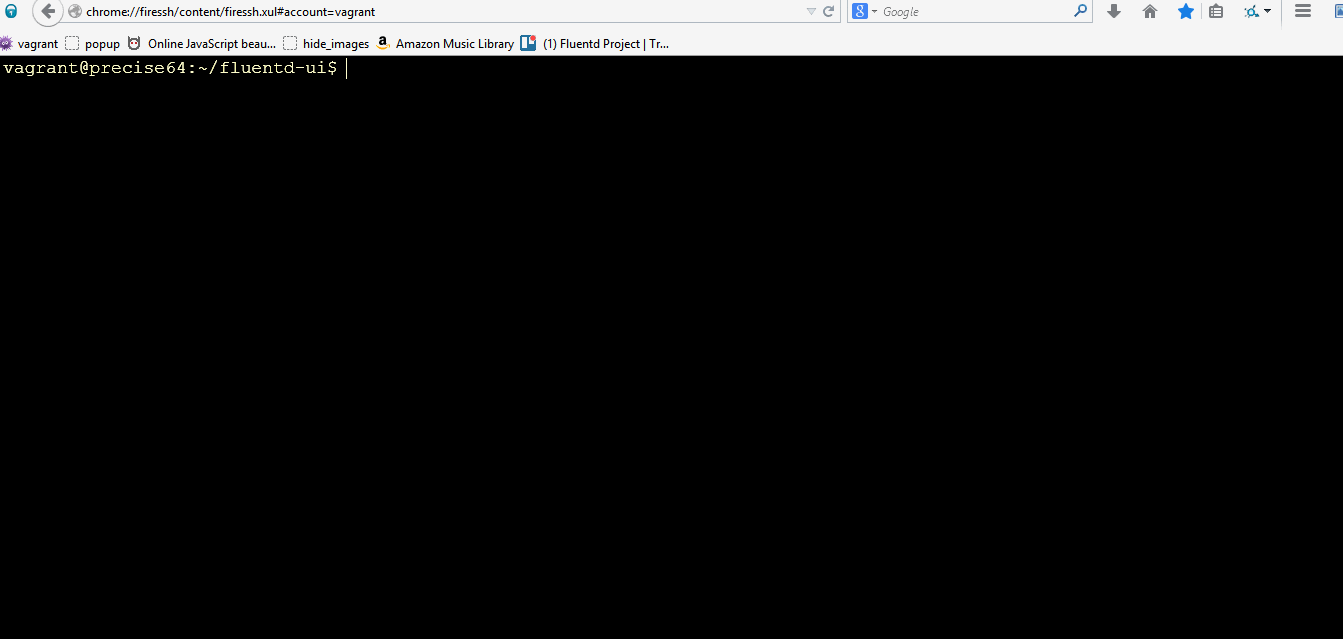Travis CI:
GitLab CI:
Drone CI for Arm64:
Fluentd collects events from various data sources and writes them to files, RDBMS, NoSQL, IaaS, SaaS, Hadoop and so on. Fluentd helps you unify your logging infrastructure (Learn more about the Unified Logging Layer).
An event consists of tag, time and record. Tag is a string separated with '.' (e.g. myapp.access). It is used to categorize events. Time is a UNIX time recorded at occurrence of an event. Record is a JSON object.
$ gem install fluentd
$ fluentd -s conf
$ fluentd -c conf/fluent.conf &
$ echo '{"json":"message"}' | fluent-cat debug.test
- master: For v1 development.
- v0.12: For v0.12. This is security maintenance mode. Only security fix is accepted.
- Ruby 2.1 or later
- git
git should be in PATH. On Windows, you can use Github for Windows and GitShell for easy setup.
Use bundler:
$ gem install bundler
$ bundle install --path vendor/bundle
$ bundle exec rake test
You can run specified test via TEST environment variable:
$ bundle exec rake test TEST=test/test_specified_path.rb
$ bundle exec rake test TEST=test/test_*.rb
Fluentd UI is a graphical user interface to start/stop/configure Fluentd.
- Website: https://www.fluentd.org/
- Documentation: https://docs.fluentd.org/
- Project repository: https://github.com/fluent
- Discussion: https://groups.google.com/group/fluentd
- Slack / Community: https://slack.fluentd.org
- Newsletters: https://www.fluentd.org/newsletter
- Author: Sadayuki Furuhashi
- Copyright: 2011-2019 Fluentd Authors
- License: Apache License, Version 2.0
Patches contributed by great developers.




